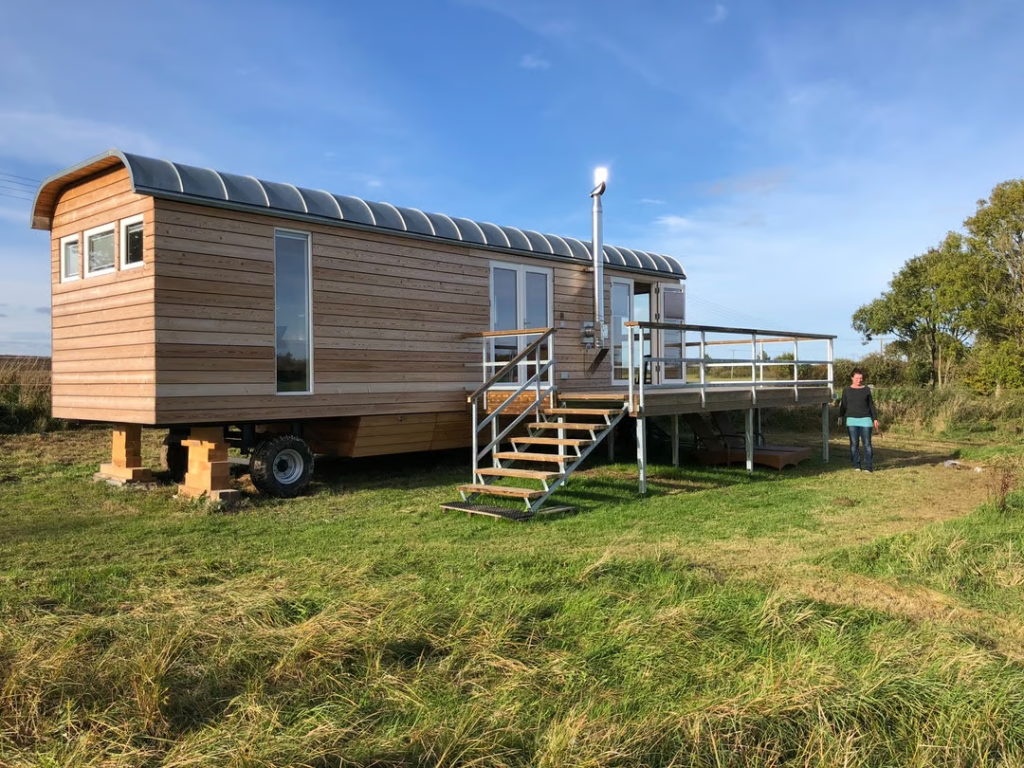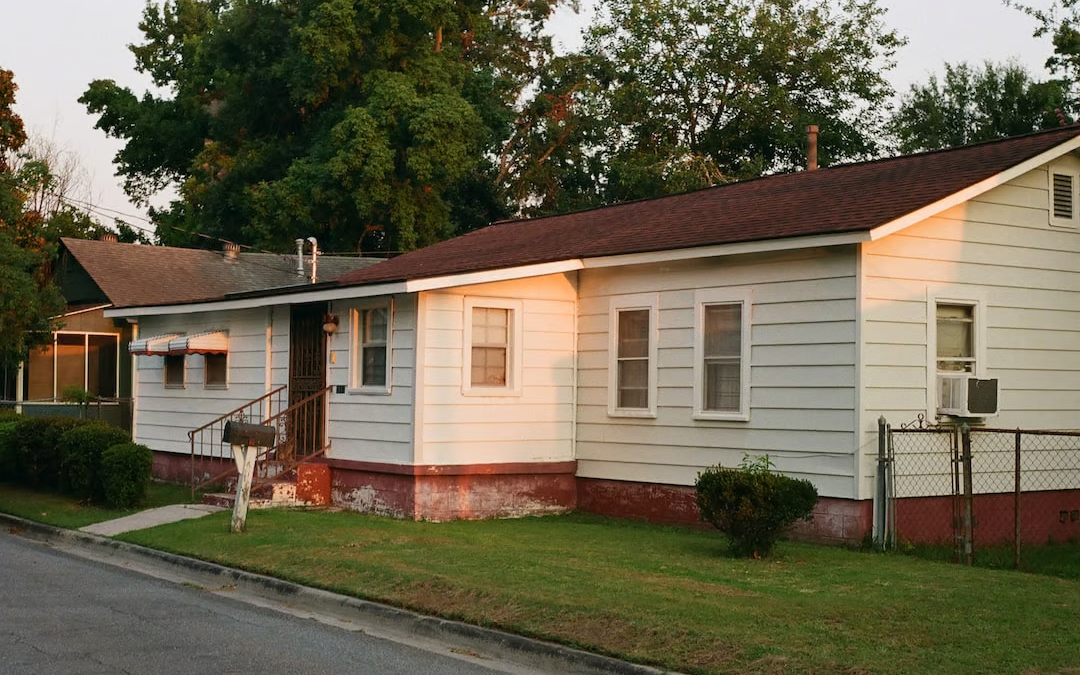Selling a mobile home is a unique process compared to selling traditional real estate. While it may seem straightforward, there are several factors to consider that can impact the ease and speed of the sale. Whether you’re looking to upgrade, downsize, or relocate, understanding the steps involved in selling your mobile home will help you achieve a smooth and successful transaction. If you’re preparing to list your property, here’s everything you need to know.
1. Assess the Value of Your Mobile Home
Before putting your mobile home on the market, it’s essential to determine its value. Unlike traditional homes, mobile homes tend to depreciate over time, meaning you might need to adjust your expectations compared to a typical real estate sale.
Factors that impact the value of your home include its age, condition, size, location, and any upgrades or renovations you’ve made. Moreover, you can get a professional appraisal to help accurately price your mobile home, or you can research comparable listings for mobile homes for sale in Florida, or elsewhere for that matter to gauge a fair market value. Pricing your home competitively is crucial to attracting buyers quickly and avoiding extended time on the market.
2. Gather Necessary Documents
To facilitate a smooth sale, it’s essential to have all the required paperwork ready. This includes:
- Title: This is the legal document proving your ownership of the mobile home. If you’ve financed your home, the lender may hold the title until the loan is paid off.
- Bill of Sale: This outlines the terms of the sale, including the purchase price, buyer and seller information, and details about the mobile home.
- Tax Information: You should have records of property taxes paid on the mobile home, as some buyers may want to verify that all taxes are up to date.
- Park Lease Agreement (if applicable): If your mobile home is located in a mobile home park, provide potential buyers with information about the lot rental, park rules, and any monthly fees.
Having these documents organized before listing your home will make the sale process smoother and more efficient.
3. Decide Whether to Sell with or Without Land
Mobile homes can either be sold as personal property or as real property if they are situated on land that you own. If you own the land, you can sell both the mobile home and the land as a package, which may attract more buyers and increase the value of the sale. However, if your mobile home is located in a mobile home park or on rented land, you will only be selling the home itself.
If the home is in a mobile home park, ensure that the buyer understands the park’s rules and requirements, including any necessary approval from park management. The buyer will need to sign a lease agreement for the lot space if they plan to keep the home in the same location.
4. Market Your Mobile Home Effectively
Once you’ve determined the value of your mobile home and gathered the necessary documents, it’s time to start marketing the property. Creating an effective marketing strategy will increase your chances of finding a buyer quickly.
- Online Listings: List your home on real estate websites that specialize in mobile home sales. Be sure to include high-quality photos, detailed descriptions, and any key selling points such as recent upgrades, a desirable location, or nearby amenities.
- For Sale Sign: If your mobile home is located in a visible area, placing a “For Sale” sign outside the property can help attract local interest.
- Social Media: Utilize social media platforms such as Facebook Marketplace and local groups to advertise your mobile home to a broader audience.
- Work with a Real Estate Agent: If you’re not comfortable handling the sale on your own, consider hiring a real estate agent who specializes in mobile homes. They can help you price your home accurately, market it effectively, and handle negotiations.
5. Prepare for Showings and Inspections
To make the best impression on potential buyers, ensure your mobile home is clean, well-maintained, and presentable. Start by decluttering and deep cleaning the interior, repairing any obvious damage, and improving curb appeal. A fresh coat of paint or new landscaping can make a big difference in attracting buyers.
You should also be prepared for a home inspection, as many buyers will want to ensure the home is in good condition before finalizing the sale. Addressing minor repairs before the inspection can prevent delays or renegotiations later in the process.
6. Negotiate and Finalize the Sale
Once you’ve found a buyer, it’s time to negotiate the terms of the sale. Be open to reasonable offers and willing to work with the buyer to reach a fair agreement. During this stage, the buyer may request repairs or adjustments based on the home inspection, so be prepared for potential negotiations.
Once the terms are agreed upon, both parties will need to sign a bill of sale, and you will transfer the title to the buyer. Make sure all necessary paperwork is completed correctly to ensure a smooth transfer of ownership.
If your mobile home is in a park, make sure the buyer has received approval from the park management before completing the sale.

Selling a mobile home can be a straightforward process when you understand the necessary steps and are prepared from the outset. From determining the right price to handling paperwork and preparing for inspections, each stage of the sale requires careful attention. By listing your property alongside other mobile homes for sale and following these guidelines, you can successfully navigate the process and achieve a smooth, successful sale.

Recent Comments